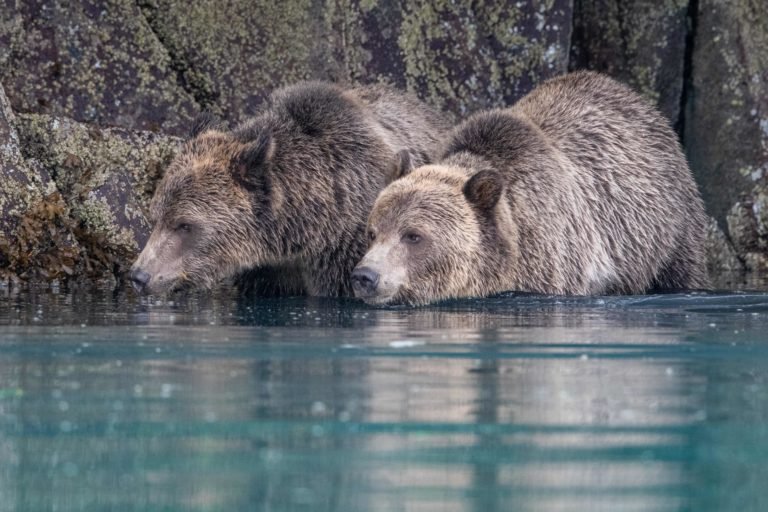Japan faces numerous issues related to food sustainability and security that include a limited amounts of farmable land, increasing biodiversity loss, and an aging population that has been shrinking since 2008.
These are the types of challenges that led the island country’s Norinchukin Bank to join as a limited partner in AgFunder’s flagship foodtech and agtech startup investment fund. The bank joined the $60 million first close of Fund IV that’s due to close on $100 million by the end of the summer.
The Norinchukin Bank is a $1 trillion financial institution for the agriculture, fisheries, and forestry sectors in Japan. As one of the country’s largest institutional investors, it is helping advance those industries through loans and investments on a global scale.
Norinchukin Bank’s Minoru Oishi, General Manager for Overseas Business Development, (MO) recently chatted with AFN to discuss the institution’s larger goals for building a more sustainable food system in Japan, and why it decided to invest in AgFunder Fund IV.
AFN: What are the biggest challenges facing the food and agriculture industry in Japan today?
MO: Sustainability is definitely crucial for agriculture. The Japanese government recently set the [long-term goal] to promote Japanese agriculture, fishery, and forestry, and they named several challenges.
Number one is depopulation and aging of [farmers]. This is a very political issue because the amount of food produced has been declining over time. Number two is stagnant rural communities; there aren’t many younger farmers to do the job, so there’s a very rocky viability in the rural areas. How we can revitalize these rural areas is a very important challenge in Japanese society.
Number three is again related to sustainability; we have to tackle climate change. Recently in Japan, we’ve had quite a few natural disasters such as heavy rain [and] typhoons. How can we establish resilient agriculture against such natural disasters?
Number four is that because of Covid-19, we have a disrupted supply chain.
Finally, there is the achievement of the SDGs [UN Sustainable Development Goals]. This is of course a very important issue for Japanese agriculture.
AFN: How do those challenges impact the work at the bank and how you think about your business?
MO: We are now trying, by 2030, to reduce greenhouse gas emissions by 50%. So for our investments and our own transactions with our clients, that is number one.
Secondly, we are trying to increase the income of Japanese food producers such as farmers, fishers, and foresters.
We also try to execute our sustainable finance transactions to JPҰ10 trillion, which is almost equivalent to $85 billion.
Those are our three important missions via the core bank, to be accomplished by 2030.
AFN: Where does the investment in AgFunder’s latest fund come into this and why did you start looking at venture capital?
MO: That’s related to our trying to increase the income of Japan’s farmers, foresters, and fisheries.
In terms of agtech or foodtech, Japan is behind the US and China. We need to have sufficient knowledge and understanding about the most advanced technology in these areas, so we look at our investment in the AgFunder fund as a way to do this and we’d like to have some kind of access to [its] portfolio companies. If we find some attractive technology in the portfolio, we would like to connect it with our cooperative members, and maybe this will be a win-win situation.
Also, sustainability. We understand that AgFunder is highly committed to the sustainability issue, so we would like to find some useful technologies to enhance our sustainability commitment through our investments [via] AgFunder.
AFN: Did you speak many other agrifoodtech capital funds during this process?
MO: Yes. To be frank, we had a lot of discussions with a lot of food and agtech venture capital funds. AgFunder was clearly the leader for many reasons but we particularly like its extended network and strong presence in the industry. The investment team also has a very strong and unique sourcing system using artificial intelligence. Also key is the management [team].
AFN: Which ag and food technologies do you get most excited about?
MO: We like any kind of agtech if it can solve challenges for Japanese agriculture. A lot of our clients have strong interests in sustainability-related agtech or alternative protein, or for some, the increase in the productivity of farming.
In some areas, we have advanced technology in Japan. Unfortunately, Japan has a limited amount of available land, so it’s very difficult to [farm the same way as in] North America. That’s why this is a very big challenge for Japan: how we can establish efficiency or productivity to handle the limitations of the available land.
AFN: Do you see automation being big on farms in Japan?
MO: Definitely. Actually, our affiliate organization, which is called ZEN-NOH, is the trading faction in our agriculture cooperative system. They are now doing very diligent research on how we can establish more efficient agriculture. In order to do that, robotics is definitely key.
AFN: What are the major focus areas when it comes to fisheries? What technologies do you think would be most relevant there?
MO: Usage of alternative protein in order to feed fish [in aquaculture so it’s] less impacted by natural disasters and more stable in terms of the pricing. Fish farming is relatively large in Japan, so the automation of feeding fish is important. Also, traceability is quite important, from the coast to the supermarket.












